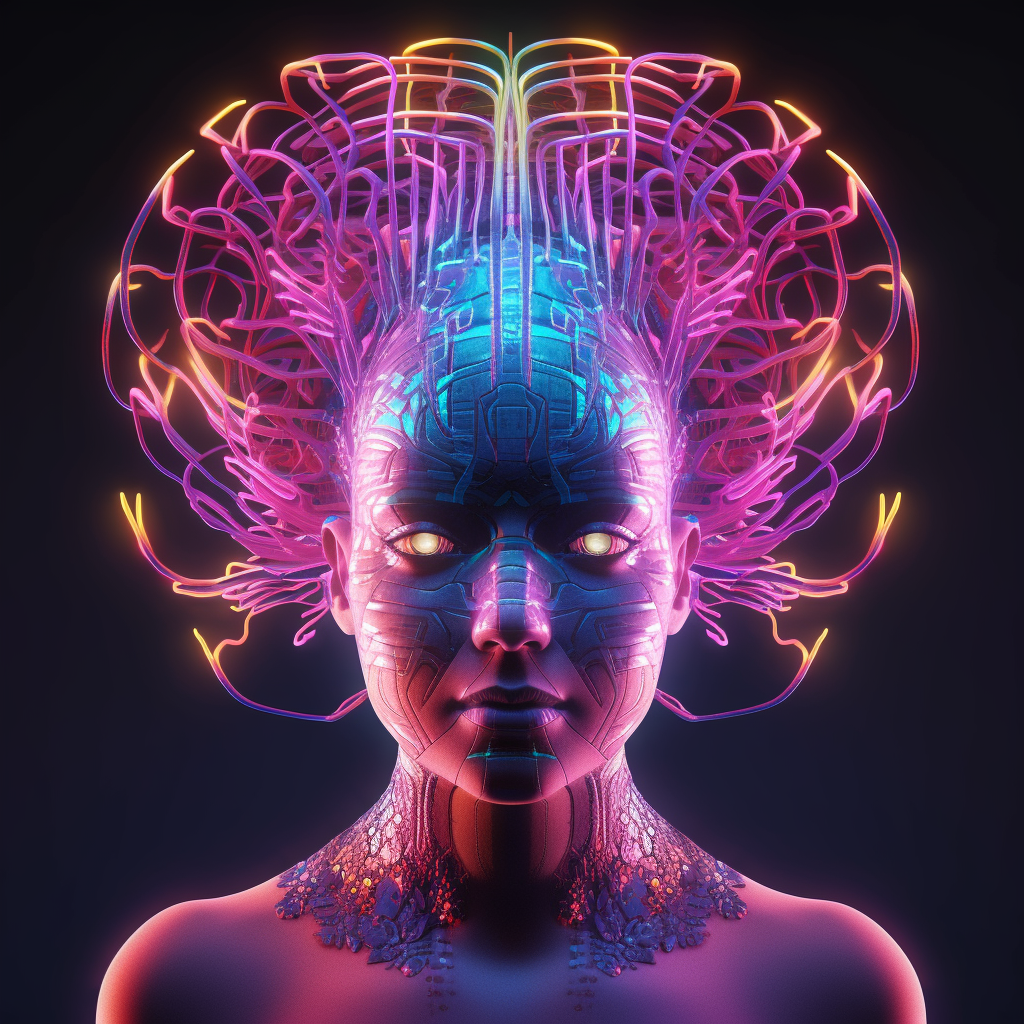Hello everyone, welcome to this week’s Discussion thread!
This week, we’re focusing on using AI in Education. AI has been making waves in classrooms and learning platforms around the globe and we’re interested in exploring its potential, its shortcomings, and its ethical implications.
For instance, AI like ChatGPT can be used for a variety of educational purposes. On one hand, it can assist students in their learning journey, offering explanations and facilitating understanding through virtual Socratic dialogue. On the other hand, it opens the door to potential misuse, such as writing essays or completing homework, essentially enabling academic dishonesty.
Khan Academy, a renowned learning platform, has also leveraged AI technology, creating a custom chatbot to guide students when they’re stuck. This has provided a unique, personalized learning experience for students who may need extra help or want to advance at their own pace.
But this is just the tip of the iceberg. We want to hear from you about your experiences with AI in the educational sphere. Have you found an interesting use case for AI in learning? Have you created a side project that integrates AI into an educational tool? What does the future hold for AI in education, in your view?
Looking forward to your contributions!


It’s been a while since I was in a formal classroom setting but as an engineer I’d assert that I’m constantly learning. So I’ll offer my perspective on AI in education for those continuing education.
I find myself taking more risks at work and in my personal projects in experimenting with new technology and languages. AI’s shortcomings grow exponentially as technical complexities of the prompt grow linearly, but for a beginner getting their feet wet in a subject it lowers the bar considerably in entry to the topic. I found I am not plagued so much by “analysis paralysis” after reading blogs and tutorials that are written by authors with varied understanding in the subject. With a few prompts I can effectively “filter down” the topics I need to read more about to produce something useful. No more fear that “what if i missed something.”
Then there’s the aspect of creating a tailored refresher for yourself on a class of “Stuff you have to relearn every time you have to use it” (love that comment). Or asking an AI to explain what a piece of content means. For example, if you wrote a really complex Makefile, dumping a
treeof the repository and asking the AI to expand all the variables in the Makefile, I can now read what every step is doing.But you definitely hit the nail on the head with pointing that “it opens a door to potential misuse”. I become dependent on it for doing some tasks that I will only otherwise learn by doing. And in the context of data storage, in some ways I become less efficient and more error prone because I no longer access the knowledge I have cached in memory (my brain) and instead access data on disk (taking the time to ask an AI) that can retrieve incorrect data (data corruption, bad sectors, etc) that are difficult to catch.
As an educational tool, I think those that behave as “AI gluttons” and overindulge in use of AI to the point of excess or greed, risk eroding their critical thinking and creativity. And those that do not supplement their learning with AI risk of being left behind by those who use it responsibly. In the same way I think AI will not replace programmers, but programmers that use AI will replace programmers that don’t.